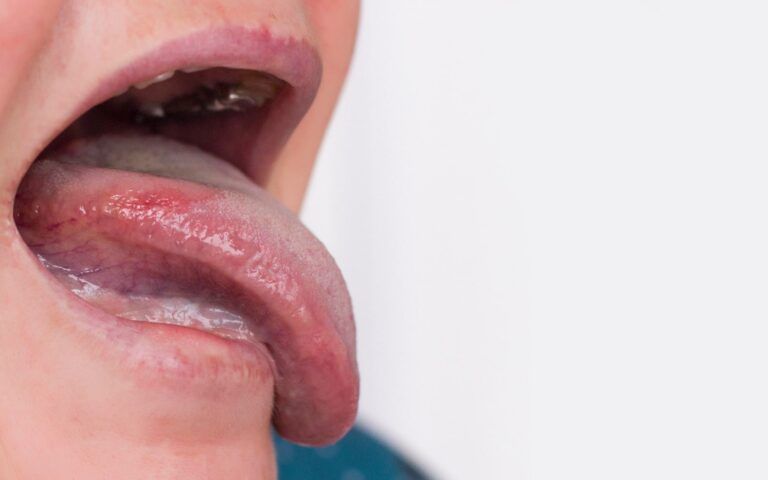There is so much focus on gum disease and tooth decay that many people believe these are the only oral health conditions we need to worry about. Many other conditions that are often not talked about can impact our smile. The primary reason for this radio silence is their relative infrequency. Thrush, for example, is a fungal infection primarily affecting the very young, old, or immunocompromised. Another such condition is oral lichen planus, an inflammatory condition that impacts the oral mucosa. McCartney Dental provides comprehensive care and education about a full range of oral health concerns, including oral lichen planus.
What Is Oral Lichen Planus And How Does It Impact Our Oral Health
Oral lichen planus is a condition that can range from irritating to painful in its manifestation. In most identified cases, it occurs due to autoimmune diseases such as type I diabetes. However, this is not the only case when it can appear. The first signs of this condition are white patches or lines within the oral mucosa. Redness, swelling, open sores, and burning sensations in the oral cavity often follow this.
The oral mucosa is the mucus membranes within our mouth found in the cheeks, lips, and upper and lower palettes. These membranes contain the glands necessary for producing saliva and serve several other purposes. This is the area where oral planus lichens makes itself known in our bodies and where the majority of the symptoms appear.
Common symptoms that indicate the presence of OLP include:
- Redness and inflammation within the oral cavity
- White lacy patches within the oral cavity
- Oral dryness and cases of dry mouth
- Burning sensations
- Swelling, sores, and ulcers in the mouth
These symptoms indicate it’s time for you to receive immediate oral health care. These symptoms will not resolve themselves on their own. They also represent a series of indicators of other oral health concerns that can be more concerning than oral lichen planus.
Taking prompt action to treat these symptoms can help ensure the condition doesn’t advance. Oral lichen planus is not curable, but the symptoms can be managed to limit their impact on your overall quality of life. Further, by seeking treatment, you’re taking steps to ensure that these symptoms truly represent OLP.
Treatment methods for this condition include:
- Lifestyle changes
- Medication
- Stress management
- Making changes to your diet
Spicy foods have been shown to have a notable impact on the severity of the symptoms. By eliminating or reducing them in your diet, you’ll be taking steps towards improving your overall experience with oral lichen planus.
Speak to McCartney Dental About Your Symptoms Today
If you’re living with the symptoms of oral lichen planus, give our offices a call today. We’ll bring you in for a consultation and dental exam to identify the source of your concern. Together we’ll work to find a treatment plan that matches your lifestyle and relieves the symptoms of OLP. Start by calling (941) 423-4334 or visiting our North Port, FL offices today!


